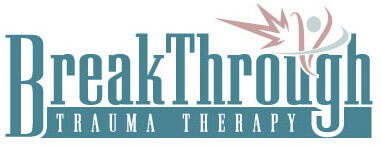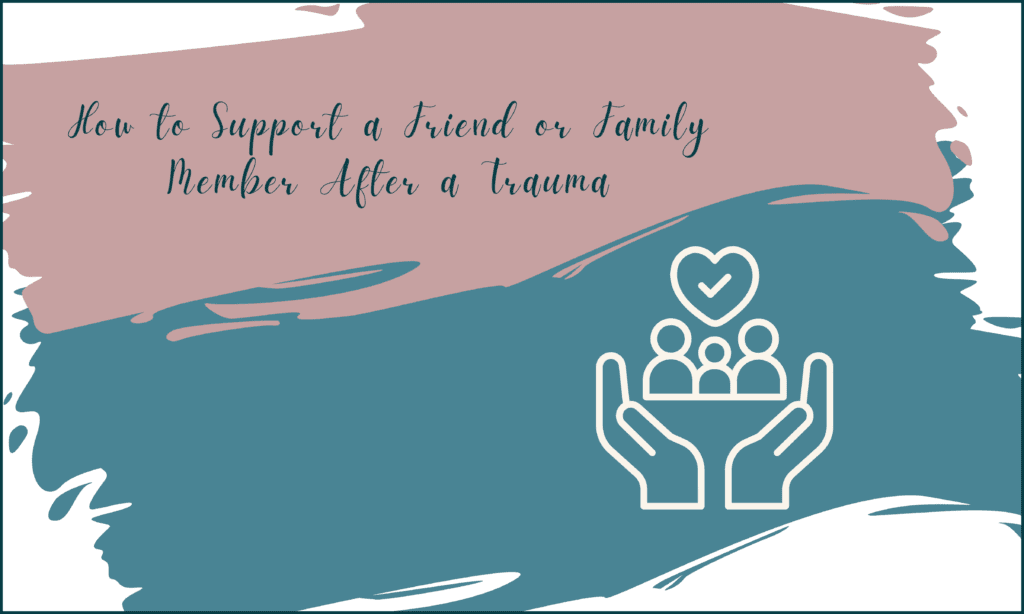Are you finding it challenging to support a loved one or friend who has gone through a traumatic experience? You are not alone. Many people often do not know what to say or how to act around someone in despair. You may feel uncomfortable, pushy, or insufficient to be in such a position. Some people even distance themselves because of these conflicting emotions. Regardless of your feelings, your friend or loved one needs you more than both of you know.
Aside from trauma therapy, support is indispensable after an ordeal. According to research, a person’s self-efficiency declines after a traumatic event. It is the reason why people spiral out of control – abusing alcohol, overeating, gambling, or indulging in promiscuity to cope. Support encourages adaptive behavior.
● Support avails a shoulder to lean on during periods of distress, enabling your loved one to share their challenges, frustrations, and perspective without fear of judgment.
● It validates your loved one’s experience along with the emotional and psychological symptoms.
● Support increases your loved one’s awareness of the trauma, encouraging introspection and learning rather than reacting.
● It provides accountability, especially against maladaptive behavior.
● It induces feelings of belonging, which boosts motivation and desire to heal and overcome the ordeal.
Actively Listen
A problem shared is already half solved. Active listening has little to do with responding and more to do with understanding what your loved one is communicating. Pay attention to your loved one’s verbal and non-verbal cues. Identify warning signs of psychological distress and find constructive ways to help them cope.
Ask open-ended questions to gain more insights. Resist the urge to share your experience, criticize, or judge. Avoid being dismissive of their reality. Affirm your loved one’s feelings. Allow them to express themselves as they need. Let them know you care by your actions, not words. Only advice when your loved one requests your input.
Be Practical
After a traumatic experience, it is challenging to care about making meals, cleaning the house, or managing groceries. Living may feel like a burden. Take charge. Handle routine tasks on your loved one’s behalf. Remove one less burden to help them focus on healing. Pick the kids from school, wash the dishes and laundry, handle groceries, accompany them to trauma therapy, and maintain your presence in your friend’s life.
Manage Your Expectations
People are different. Some people will reject help when they are in their most vulnerable position. Others encourage assistance while remaining in a state of apathy. Avoid assuming things or making the situation about yourself.
Let go of your idea of trauma, the appropriate reaction to trauma, or the ideal trauma duration. There is no one-size-fits-all in trauma experiences. Give your loved one a fighting chance by letting them fight through the ordeal their own way. Instead, practice empathy.
Make Time to be Physically Present
Human contact is a source of reassurance. It shows care. Your presence emphasizes your loved one’ss importance – it lets them know they matter. Recognizing the concern for their well-being can motivate them to desire healing.
Conduct physical visits. Encourage your friend to go out for a walk with you. Let them see the sun, feel the breeze, and watch people leave. It does well for their soul. You can also plan a retreat for them. However, avoid forcing issues. Talk to your loved one first and let them agree to plans.
Follow Your Loved One’s Lead
Trauma transforms people. It changes a person’s s perspective, beliefs, and behavior. Your loved one might not revert to their former self after the ordeal. Avoid adding pressure by highlighting this change. Do not hint at returning to normalcy.
Instead, let your friend give you cues before seizing the moment. Look for opportunities and positive feedback to make plans or act. Let your friend guide you on what is ideal for them when you spend time together. If they are in trauma therapy, they can state what they found out in therapy. You may need to rediscover common interests or change your social patterns. Do not let the change discourage your friendship. Your bond is simply evolving.
Learn Your Loved One’s Triggers – Trauma Therapy Basics
Trauma manifests as intrusive thoughts, flashbacks, and nightmares in response to triggers. Each symptom evokes a debilitating anxiety reaction that is emotionally, psychologically, and physically exhaustive. Identify these triggers to prevent these intense episodes.
In case your loved one goes through a stress response
● Remind them to employ calming techniques like controlled breathing exercises.
● Gently tell them they are having a flashback or intrusive thought.
● Remain calm throughout the episode.
● Reassure them that they are safe – the incident is past.
● Encourage them to talk through the issue to increase their present awareness.
Respect your Loved One’s Need For Space
While your presence matters, trauma can interfere with your loved one’s sense of safety. They are hypervigilant over the traumatic event. They will react to phantom triggers and respond as if the incident were occurring in real time. Be mindful of their personal space. Avoid touching or hugging them without permission.
Be aware of their emotional boundaries. They may not want to talk about the experience. Avoid forcing them to open up when they are not ready. Always follow their lead.
Prioritize Your Loved One’s Safety
Ask your friend or family member if they feel safe. Inquire if they have a safe space to stay. Assist them if they need help calling the police, medical intervention, or contacting family. Give them control in deciding what happens next then follow through. Do not leave them alone until you know they are safe.
Encourage Them To Seek Trauma Therapy
Your help is essential for your loved one’s recovery journey. However, it is not sufficient without any therapy. Trauma is a complicated psychological condition. Without professional help, it can morph into a complex illness, affecting the body and mind. Talk to your loved one about trauma therapy and the benefits it can bring to their life long term. Remind them that you will still be there taking this journey with them.
Contact Us
